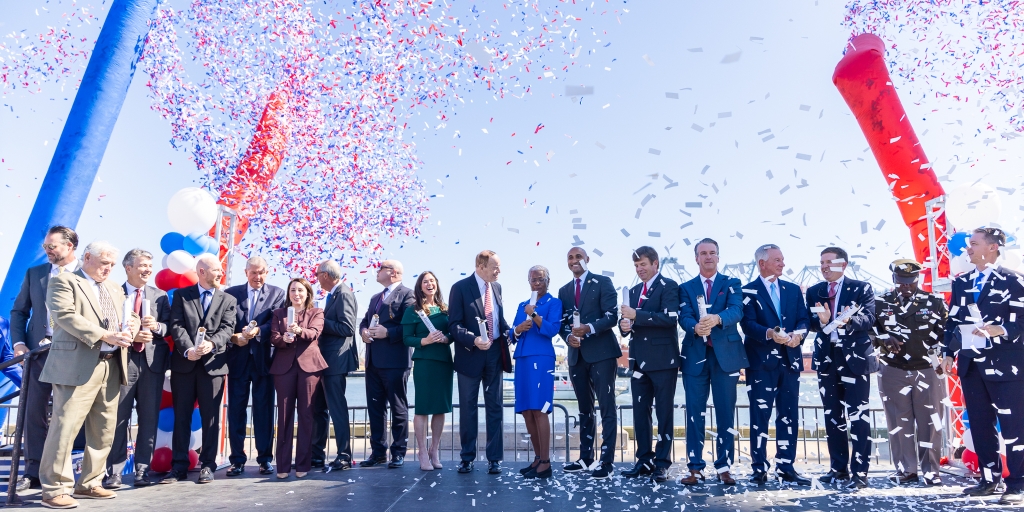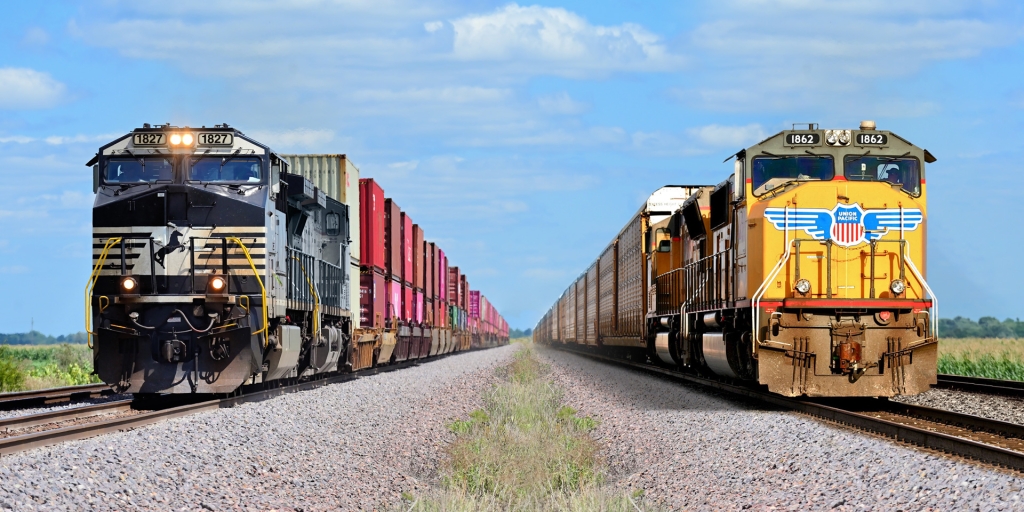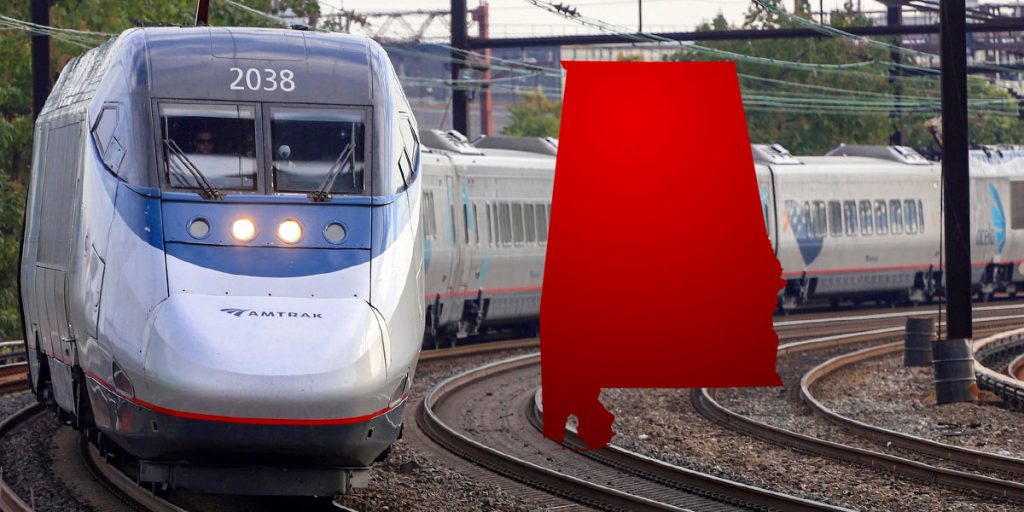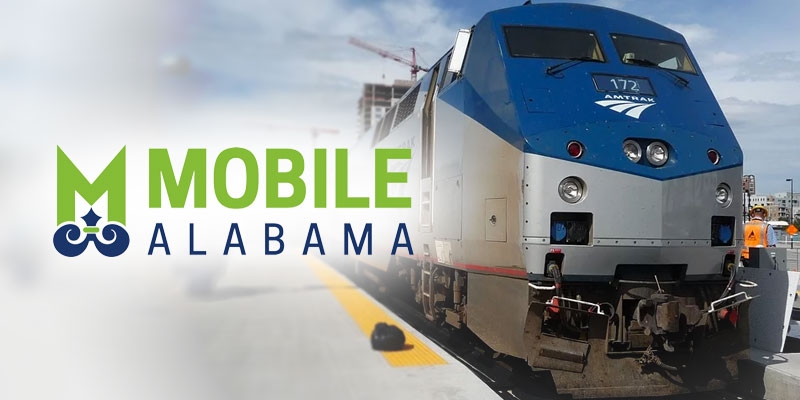One of the less-publicized casualties of Hurricane Katrina in 2005 was the termination of passenger rail service on the Gulf Coast east of New Orleans, which included stops in Mobile and Atmore before setting on to its final destination of Jacksonville, Fla.
Nearly 16 years later, Amtrak is pushing for the resumption of passenger rail to Alabama’s Gulf Coast. However, it’s not something that would happen without imposing a toll on the local infrastructure as well as a potential significant cost to the taxpayer.
During an appearance on FM Talk 106.5’s “The Jeff Poor Show,” Mobile City Councilman Joel Daves discussed the pitfalls of having Amtrak’s passenger rail service return to Mobile, which could threaten the flow of freight rail service in and out of the Port of Mobile.
“When this came up, and this was a year ago, I spent a lot of time looking into it,” Daves said. “I talked to the people of the Southern Rail Commission, the Amtrak people when they came to visit, and I just came to the conclusion that there are some serious issues that have to be dealt with. And I want to start out at the beginning and say I’m not against passenger rail, but it has to come to Mobile under appropriate circumstances. The first thing that has to be done that has been in the news recently is we’ve got to figure out what the impact on the port is.”
“The Port of Mobile is the biggest driver of our economy, and there are tens of thousands of jobs in Mobile that are dependent upon that port. We wouldn’t have Austal. We wouldn’t have Thyssen-Krupp. We wouldn’t have Airbus without that port,” he continued. “And so we’ve got a very congested port, and we’ve got to figure out if passenger rail can be restored to Mobile without any significant impact to the port. And if it is going to have a significant impact — how that can be mitigated and how much it is going to cost to mitigate it.”
According to Daves, early reports of a $20 fare, which would make passenger rail competitive with bus fare between the two cities, would require a significant taxpayer subsidy, which he said could be in the realm of 90% of the overall operating cost per passenger.
“The other part of it was who is going to pay the cost of the ticket. When I started looking into it, Jeff — and these aren’t Joel Daves numbers — these are Amtrak, OK? Every time in someone gets on that train in Mobile and rides to New Orleans or the other way around, the operating cost, leaving aside all the capital — the operating cost is about $200 for that train ride,” he explained. “Now, what they were talking about doing is having about a $20 ticket. The rider would pay $20, and the taxpayer would pay $180 every time someone got on that train. I asked — when the Amtrak people were here — I asked, and they said, ‘Well, you know public rail is subsidized all over the country.’ That’s true. It is. But I asked them to name me one train in this country that they knew of that the subsidy — where there was anything close to a 90% subsidy. They couldn’t name that.”
“My two preconditions are: Let’s make sure there’s no impact to the port, and let’s make sure the people who are actually going to ride the train pay most of the expense of operating the train,” Daves added.
@Jeff_Poor is a graduate of Auburn University and the University of South Alabama, the editor of Breitbart TV, a columnist for Mobile’s Lagniappe Weekly, and host of Mobile’s “The Jeff Poor Show” from 9 a.m.-12 p.m. on FM Talk 106.5.












